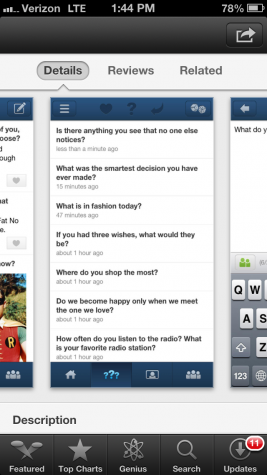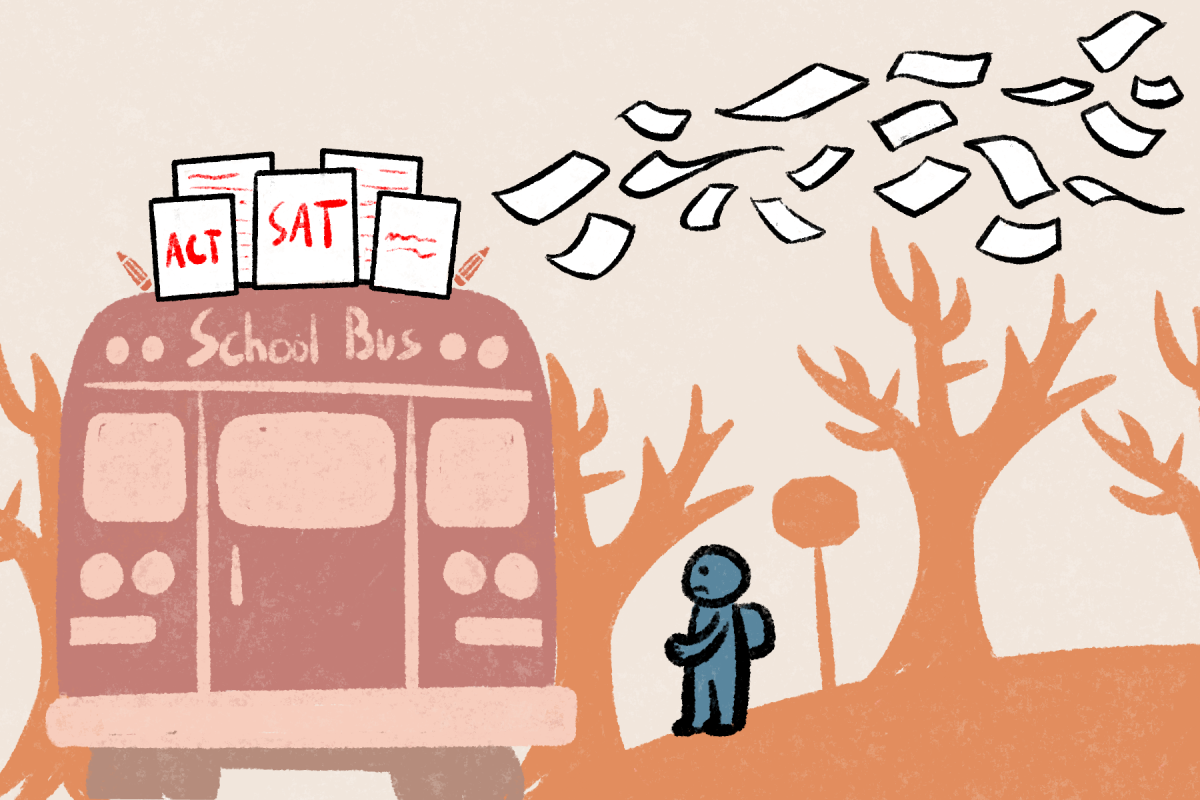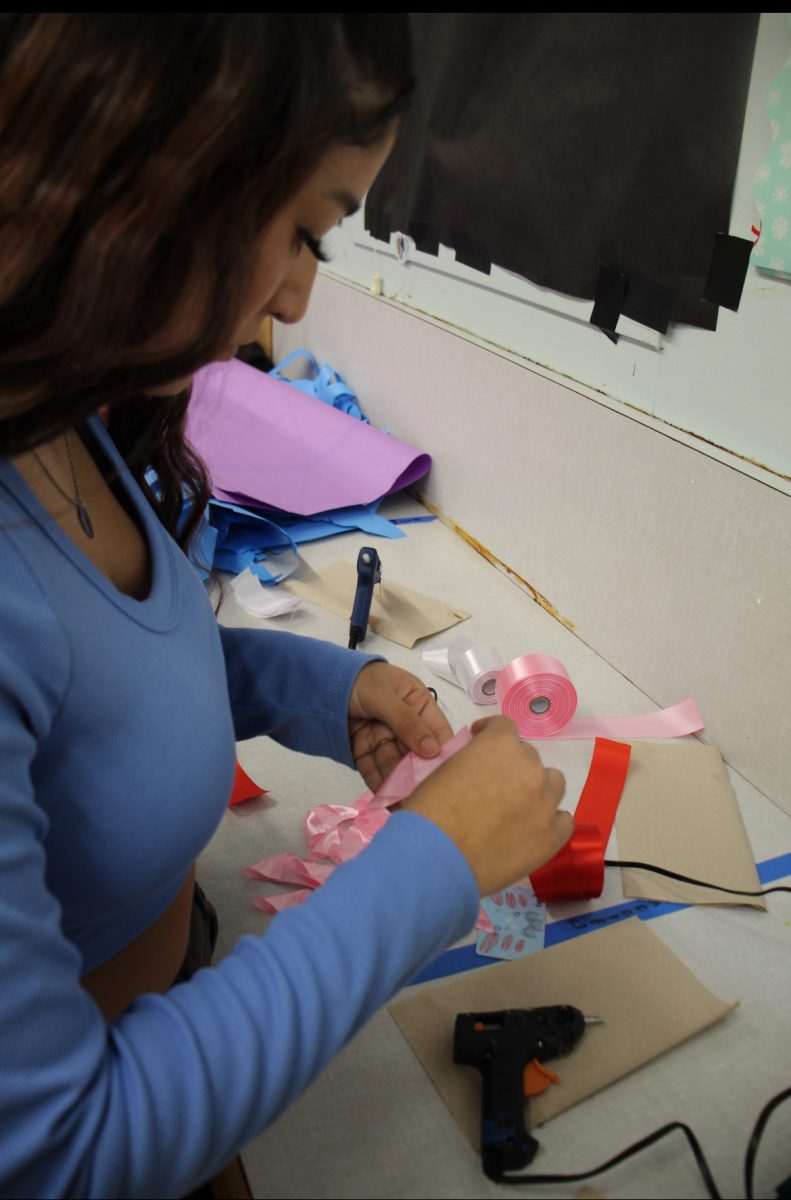The good and bad sides of ask.fm
October 31, 2013

In ask.fm, people make profiles and anyone can ask or
answer questions.
With over 10 million downloads, ask.fm proves popular amongst teenagers, allowing the oppurtunity of asking random questions anonymously or as an identified user.
“I like how you can just ask anonymous questions without getting any form of consequence from it,” junior Mena Gadalla said.
Although many teens have transferred onto ask.fm for fun and spontaneous questions, there hiddenly remains the danger of its anonymity. Ask.fm exercises the option of commenting or “asking” anonymously, creating a mask of secret identi- ties. However, users know how to avoid such dangers.
“Sometimes I see my friends get bullied,” sophomore Jomari Reyes said. “I’m not scared though.”
This past summer, Hannah Anderson was kidnapped from the San Diego area. Rather than attending a press conference, Anderson decided to answer questions about her traumatizing experience through ask.fm. After that, the app exploited beneath the public eye and the overwhelming wave of users began to sign up.
Like most socializing apps, ask. fm has its negative and postitive aspects. Although there is an alarmingly high rate of anonymous bullying, teens have the op- tion to report and block out the harrasers that make this app appear crude.
Unlike other applications, ask.fm continues to thrive within teenagers since the positive unbalances the negative. Ask. fm opens opportunities of asking questions, ranging from various topics, through the app or verbally.
“If it’s a priority question, I’ll ask them personally,” junior Kana Mara said. “If it’s for fun, I’ll just ask them on ask. fm.”

















